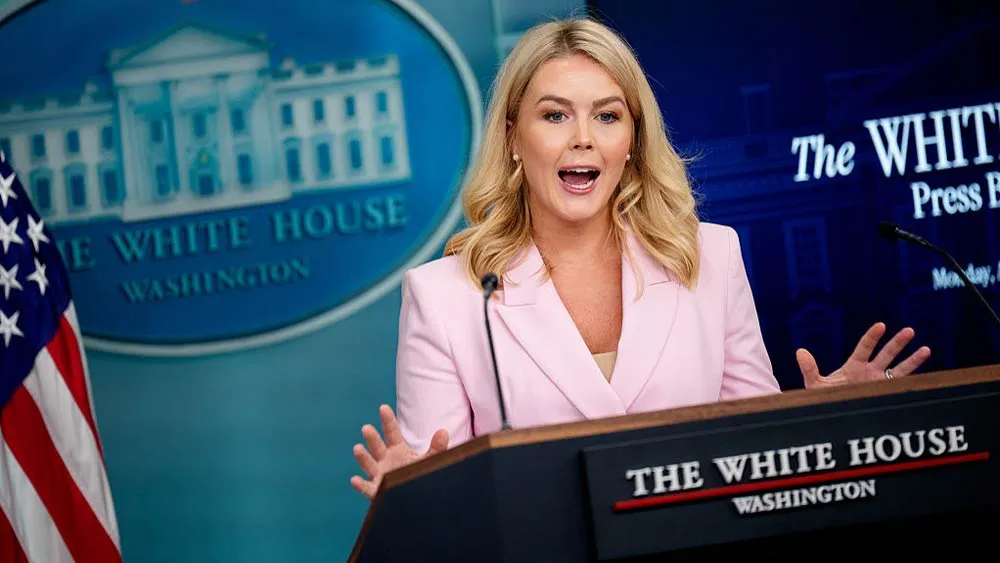April 20, 2012
Prop 8 Judge: Time for Marriage Equality Has Come
Roger Brigham READ TIME: 3 MIN.
Such a California moment. When Vaughn Walker, retired chief U.S. District Judge for the Northern District of California spoke at the Commonwealth Club in San Francisco on Thursday about the changing nature of the legal profession, it was natural that the bulk of the questions tossed his way after the prepared lecture would concern the federal Proposition 8 challenge he adjudicated in 2010.
The first Prop 8 question?
How did the judge feel about being portrayed by Hollywood hunk Brad Pitt in the stage recreation of the same-sex marriage case based on court transcripts?
Walker, who retired last year and returned to private practice, responded with a laugh.
"I can think of people I'd rather not be portrayed by," he said. But he then tied the question back to the underlying theme of his speech-how emerging information technology is changing the way people interact with the legal system-and why the U.S. Supreme Court was wrong to block the public broadcast of the case.
The court's banning of the trial's telecast, Walker said, "prompted a number of people to recreate the case in a variety of forms." The 90-minute Los Angeles production created by "Milk" screenwriter Dustin Lance Black in which Pitt appeared used verbatim transcripts from the trial.
"The irony of the court ruling," said Walker, "is that probably far more people have seen that than those who would have sat through the actual trial."
Walker noted that technological tools have changed the legal profession, with more and more laypersons doing routine legal tasks such as the creation of wills without the use of legal counsel. He said these litigants remain disconnected from the process is in cases such as class action suits, where litigants are seldom consulted on selection of attorneys, legal fees or how to evaluate settlements.
Walker said he predicts that technology will chip away at that disconnect. Electronic filing can now make it possible for people to access documents throughout a case, and streaming video could eventually enable people to remain connected throughout legal proceedings. And that is where he said the U.S. Supreme Court is lagging behind the times.
"The early stages of the advancement of these technologies have been frustrated by the Supreme Court's country's refusal to accept cameras in the courtroom," said Walker.
Walker was asked if he ever thought about disclosing his sexual orientation before the Prop 8 trial to ward off the criticism he later received from referendum supporters who said he should have disqualified himself.
"I didn't anticipate criticism because the word was already out and had been published in a number of sources, and they were not going to raise the issue," he said. "I had thought at some point or other in my career I would have to deal with the criticism."
Walker noted he had earlier faced "critics from the gay community, particularly in San Francisco," because he had represented the U.S. Olympic Committee in its lawsuit to stop San Francisco Arts and Athletics from using the word "Olympics" in the first Gay Olympic Games. The suit was successful and organizers instead launched the event as the Gay Games.
"Much of that criticism was because they assumed I took it and it was litigated the way because I was trying to cover up my sexual orientation," he said.
"That is really a very dangerous road to start going down," added Walker of the calls for his ruling to be disallowed because he had not disclosed his sexual orientation. "Black judge, female judge, Asian judge-judges have to be given the credit to have decisions accepted for what they are."
Walker said President Barack Obama's comment that the court did not have the precedence to overturn his health care reform law "was a blunder." He said if the court upholds the package, it will look like it caved to political pressure. If it overturns the law, it will seem as though someone had leaked the decision to him.
"That comment was a very very serious mistake on his part," said Walker.
At the end of the appearance, Walker was asked about the fate of his Prop 8 decision that declared the state ban on marriage for same-sex couples unconstitutional.
"As you know, my decision was affirmed on narrower grounds than I took," said Walker. "Like any judge who has been affirmed, I'm happy to take it. The Supreme Court could conceivably choose not to review it. But there's no way they can avoid the Defense of Marriage case. The notion of people deciding to get married without regard to gender is an idea whose time has come."
Roger Brigham, a freelance writer and communications consultant, is the San Francisco Editor of EDGE. He lives in Oakland with his husband, Eduardo.


